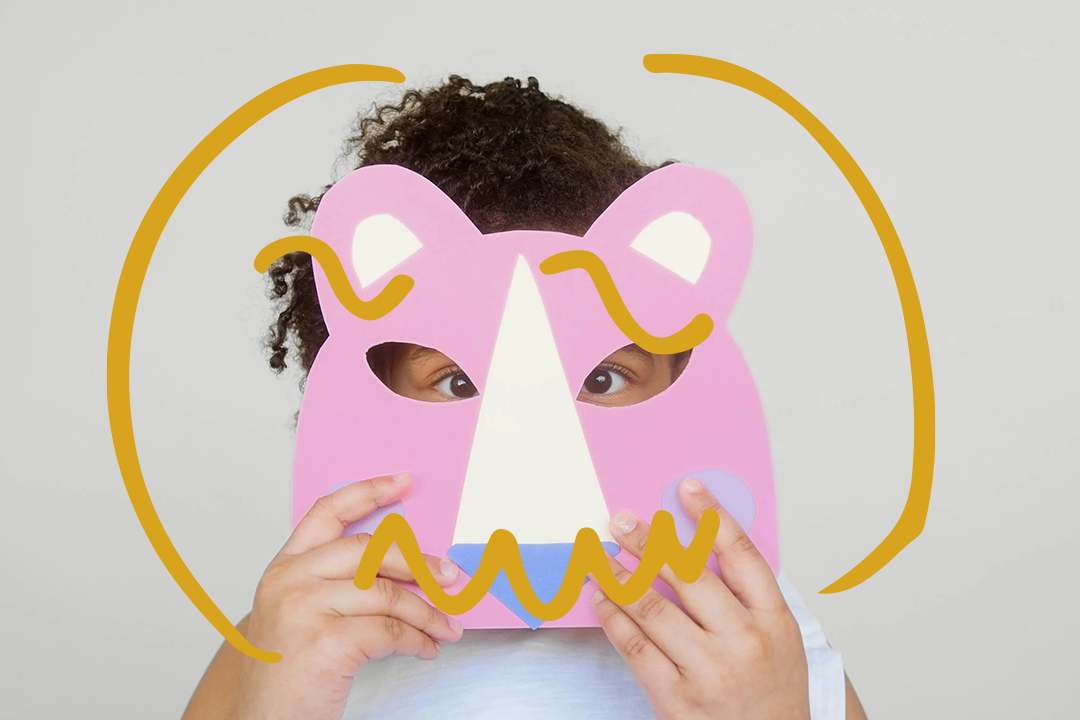
Raising an Emotionally Lit Kid: Decoding Feels and Keeping Your Sanity
Let’s face it, kids are emotional rollercoasters. One minute they’re sunshine and rainbows, the next they’re throwing a tantrum that could wake the dead. But fear not, weary parent! There’s a secret weapon in your arsenal: building your child’s emotional intelligence (EQ). Think of it as the superpower of understanding and managing their feels (and yours, for that matter).
The Power of EQ
EQ encompasses several key skills:
Self-awareness: Recognizing your own emotions and how they affect your thoughts and behavior.
Self-regulation: Managing your emotions in healthy ways, even when stressed or upset.
Motivation: Setting goals and having the drive to achieve them.
Empathy: Understanding and considering the feelings of others.
Social skills: Building and maintaining positive relationships.

Children with strong EQ are better equipped to:
Navigate social situations effectively.
Cope with challenges and setbacks.
Build strong relationships.
Make sound decisions.
Achieve their goals.
Here’s the science bit: studies show high EQ is linked to better grades, stronger friendships, and less drama (hallelujah!). Basically, it helps them navigate the crazy world we live in without losing their cool (or yours).
So, how do we turn our tiny humans into masters of their emotions? Here are some tips that won’t make you want to hide under the couch:
Ditch the Drama, Model the Chill: Kids are copycats, so show them what emotional intelligence looks like. When you’re feeling stressed, take a deep breath instead of yelling (we’ve all been there). Talk about your feelings openly (« Ugh, this traffic is making me grumpy! ») and show healthy coping mechanisms (exercise, anyone?).
Labels Schmabels: Instead of slapping negative labels (« You’re such a lazy bum! »), focus on the behavior. « Hey, your room looks like a hurricane hit it. How about we clean it together? » This helps them learn from mistakes without feeling like a total dud.
Praise the Hustle, Not Just the Hustle Muscle: Applaud their effort, not just the A+ (we all know participation trophies are a thing of the past). « You studied really hard for that test, I’m proud of you! » This builds resilience and a growth mindset, teaching them that effort matters more than just the outcome.

Be a Listening Ear, Not a Judgey Jury: When your kiddo is having a meltdown, resist the urge to lecture. Let them vent, validate their feelings (« It sounds like you’re really frustrated »), and then offer solutions. « Is there anything I can do to help? » This builds trust and teaches them healthy ways to express themselves.
Express Yourself!: Encourage your child to talk about their feelings, even the weird ones. Play charades with emotions, draw « feeling faces, » or write stories about characters who experience different emotions. The more they explore their inner world, the better they understand it.
Self-Awareness is the New Black: Help your child recognize their own emotions. « Are you feeling sad because you didn’t get to play with your friend? » This helps them understand why they react the way they do, giving them the power to manage their feelings before they erupt.
Remember, building EQ is a marathon, not a sprint. Be patient, celebrate their progress (hey, they didn’t cry at the dentist this time!), and don’t be afraid to laugh at the meltdowns together (sometimes laughter is the best medicine). By nurturing their emotional intelligence, you’re raising a well-adjusted, happy human who can navigate life’s ups and downs with grace (and maybe a little less drama).


